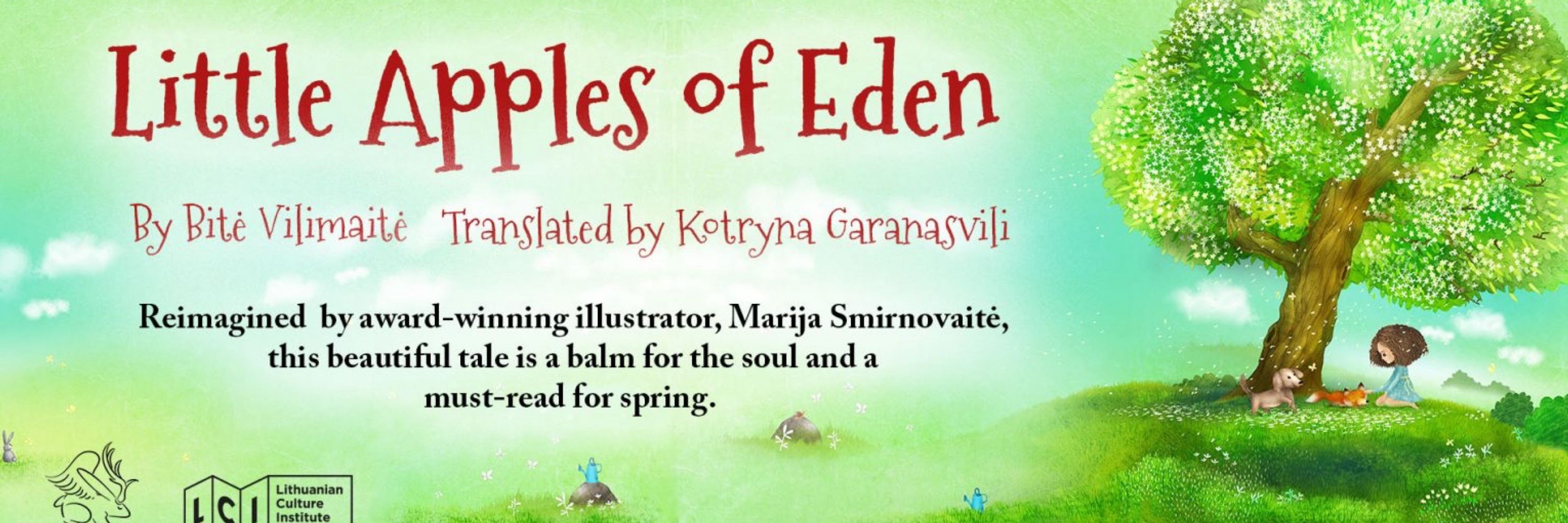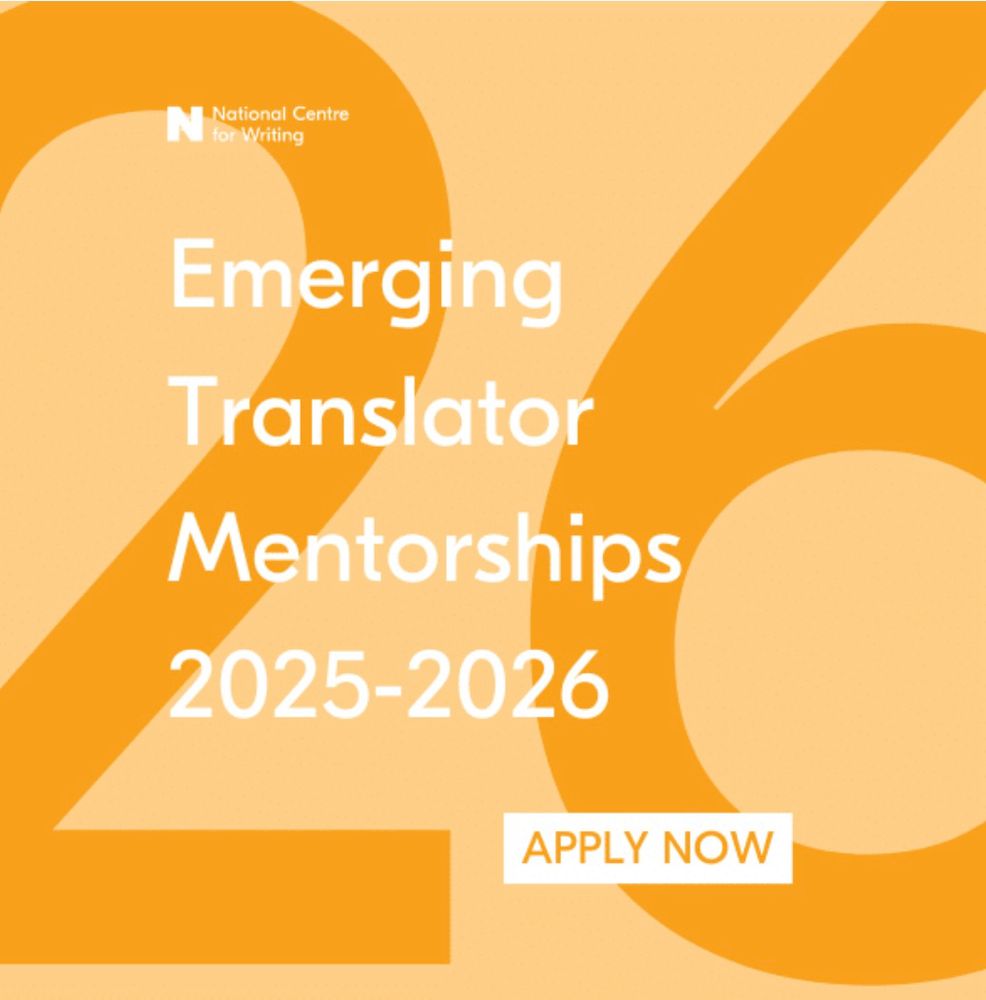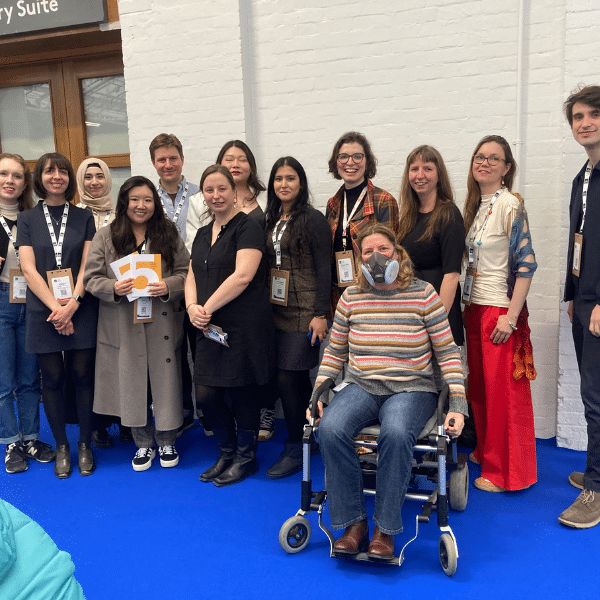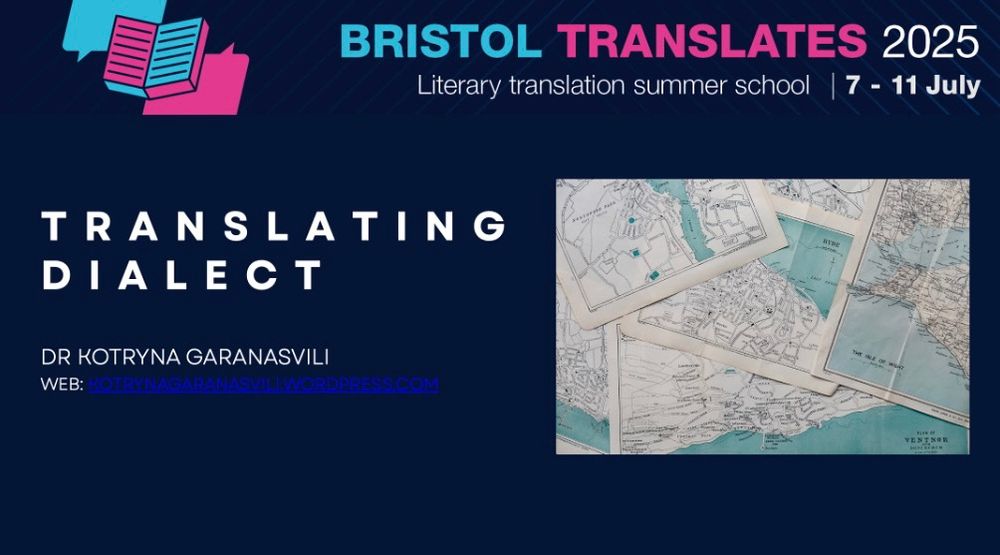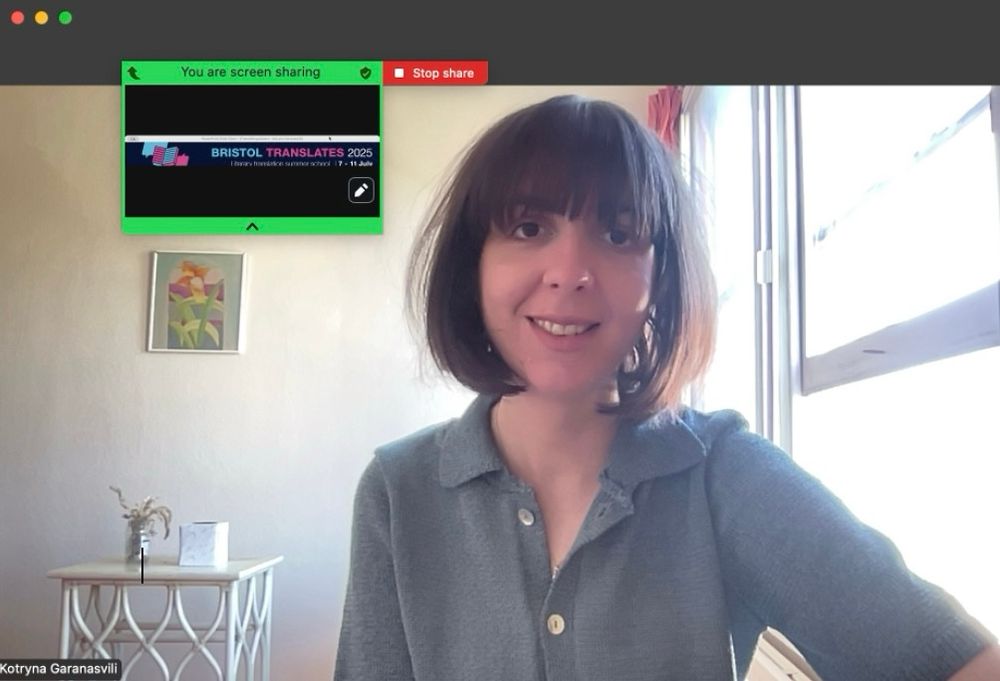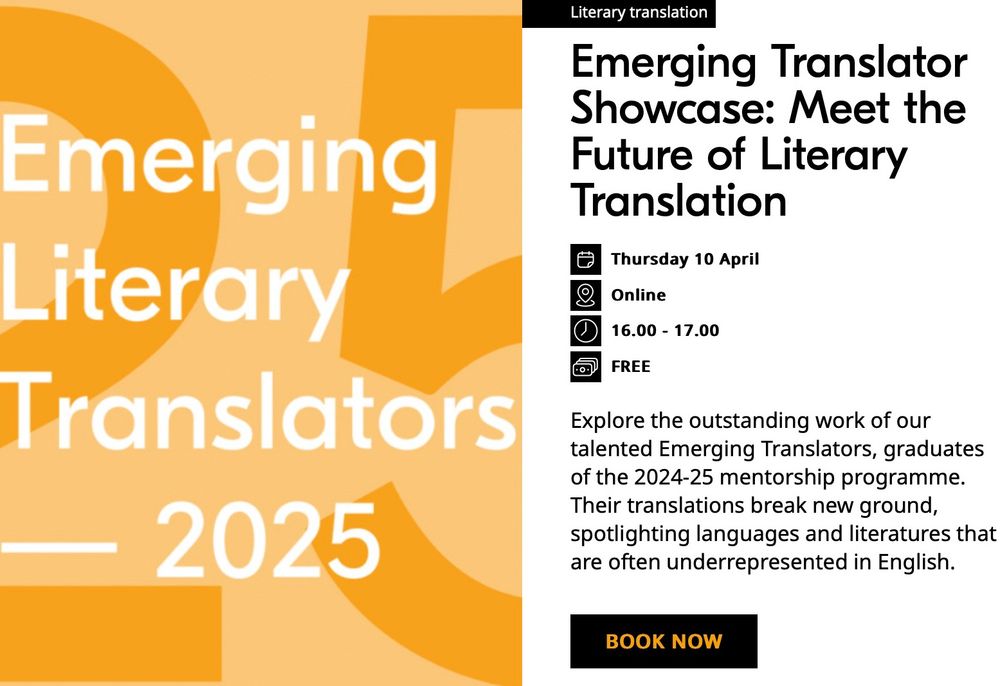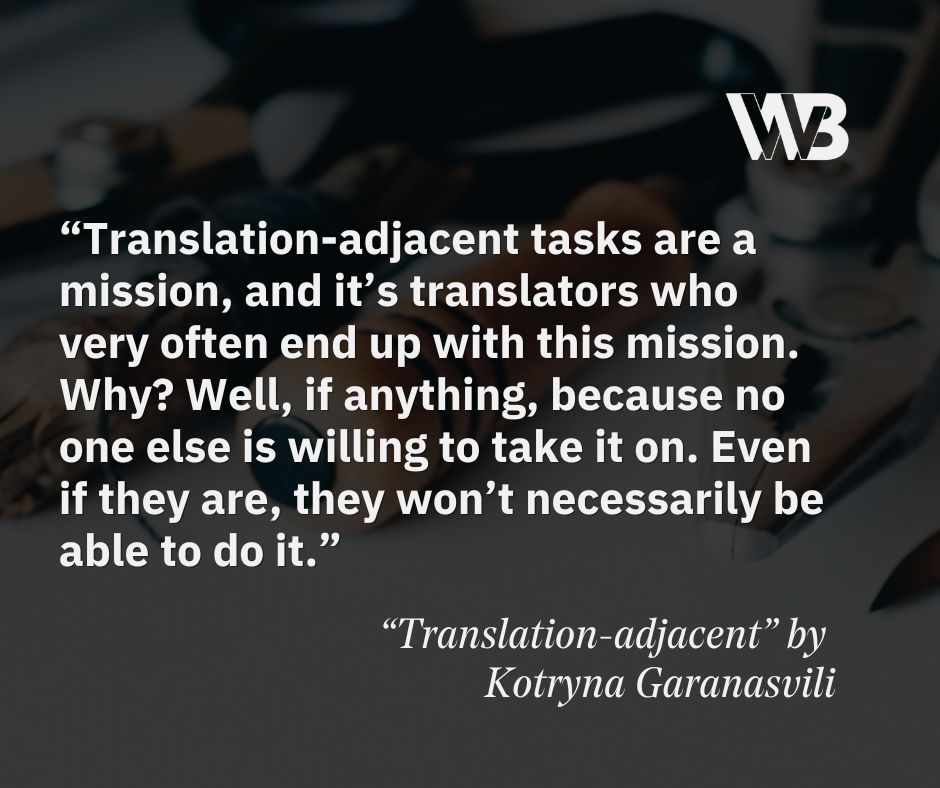Kotryna Garanasvili
@kotrynagaranasvili.bsky.social
97 followers
71 following
5 posts
translator&writer | asst. professor | languages, translation&creative writing | National Centre for Writing mentor
⭐️ very new bsky account
🇬🇧🇱🇹🇫🇷🇩🇪🇺🇦🇬🇪🇪🇺
kotrynagaranasvili.wordpress.com
Posts
Media
Videos
Starter Packs
Reposted by Kotryna Garanasvili
Reposted by Kotryna Garanasvili
Reposted by Kotryna Garanasvili
Reposted by Kotryna Garanasvili
Reposted by Kotryna Garanasvili
Reposted by Kotryna Garanasvili
Reposted by Kotryna Garanasvili
Reposted by Kotryna Garanasvili
Reposted by Kotryna Garanasvili
Reposted by Kotryna Garanasvili
Reposted by Kotryna Garanasvili
Reposted by Kotryna Garanasvili
